United Nations
Sustainable Development
Goals 2030
How Ethar Supports Refugees
Ethar’s projects support the SDGs agreed upon by governments around the world, to uplift marginalised people and commit to sustainable targets in their interest. Ethar’s projects impact upon the achievement of the following seven goals, and will also have a knock-on effect on others.
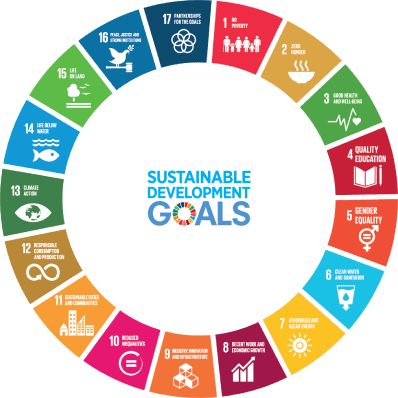
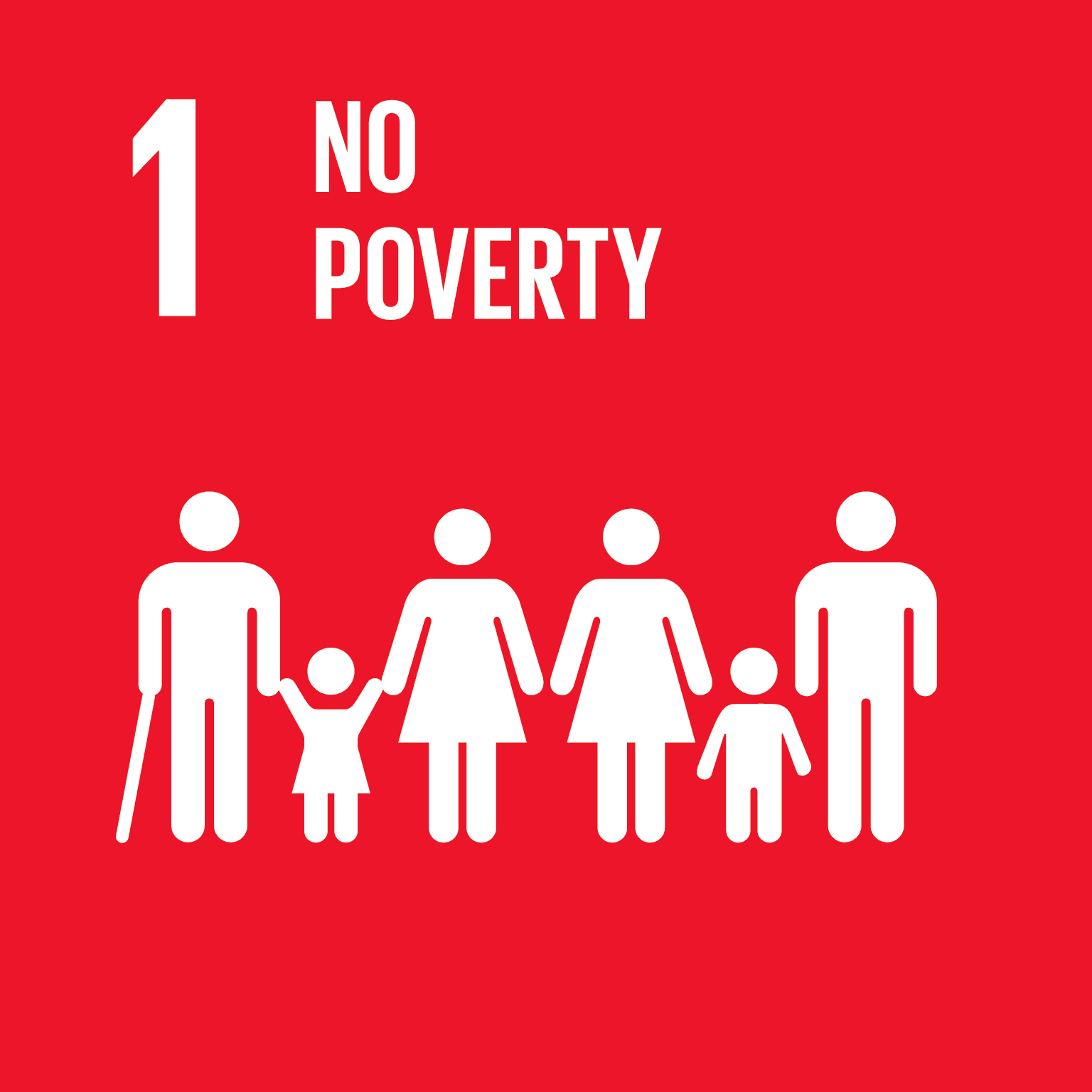
GOAL 1:NO POVERTY
Our target population is suffering from extreme poverty, with finances and earning potential well below all conventional measurements and metrics used to calculate this. Sponsorship represents an essential uplift in our anti-poverty goals for refugee orphans.
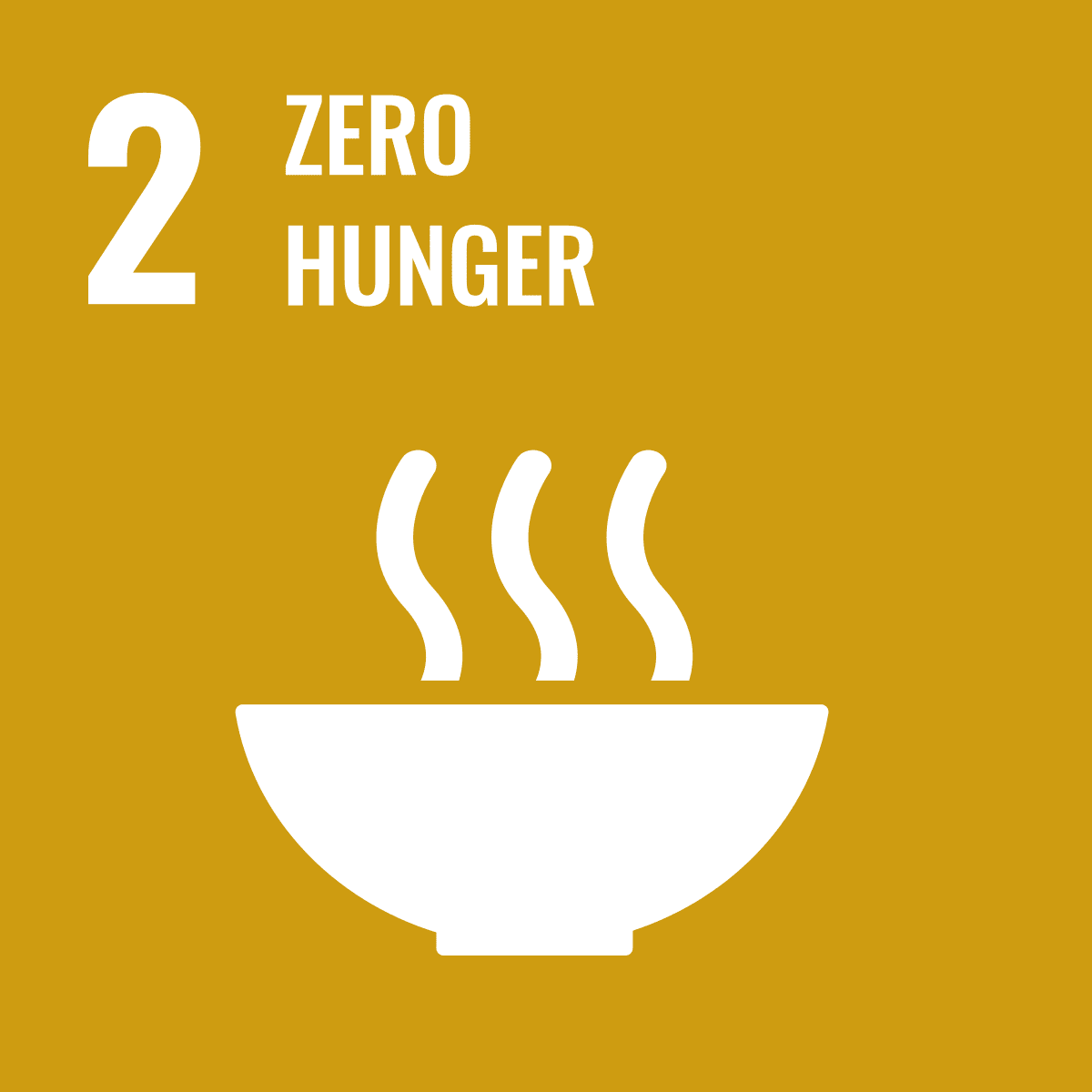
GOAL 2: ZERO HUNGER
Food provision is an essential aspect of our programme. Many orphaned children suffer from malnutrition - with signs of Severe Acute Malnutrition (SAM) and Moderate Acute Malnutrition (MAM) in the camps, extremely dangerous conditions that go way beyond hunger and missing meals.
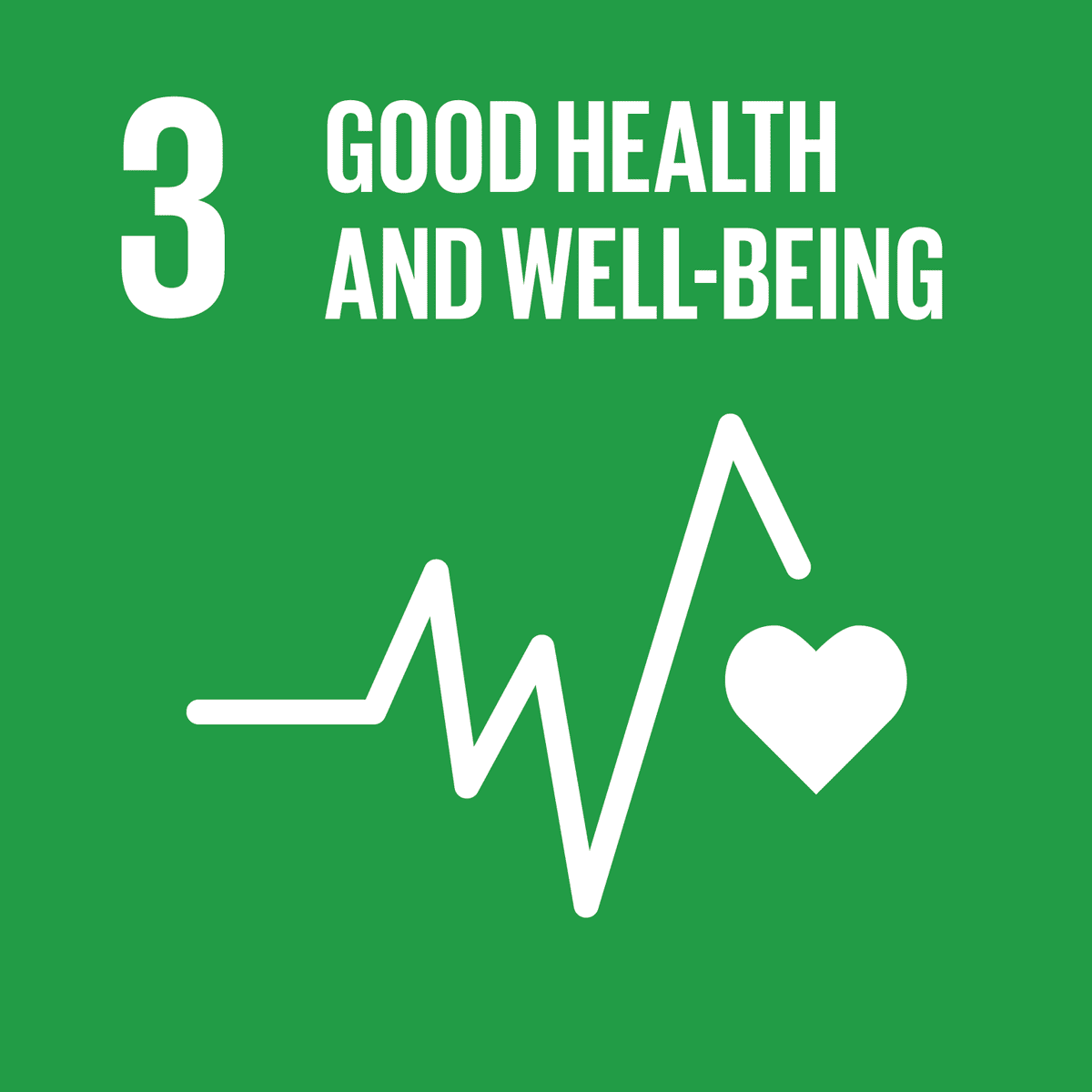
GOAL 3: GOOD HEALTH & WELL-BEING
Lack of medical care is another reason, like malnutrition above, why many orphaned children face a life of ill health or disability. Similarly, access to education and reduced stress from being supported financially contribute hugely to overall wellbeing.
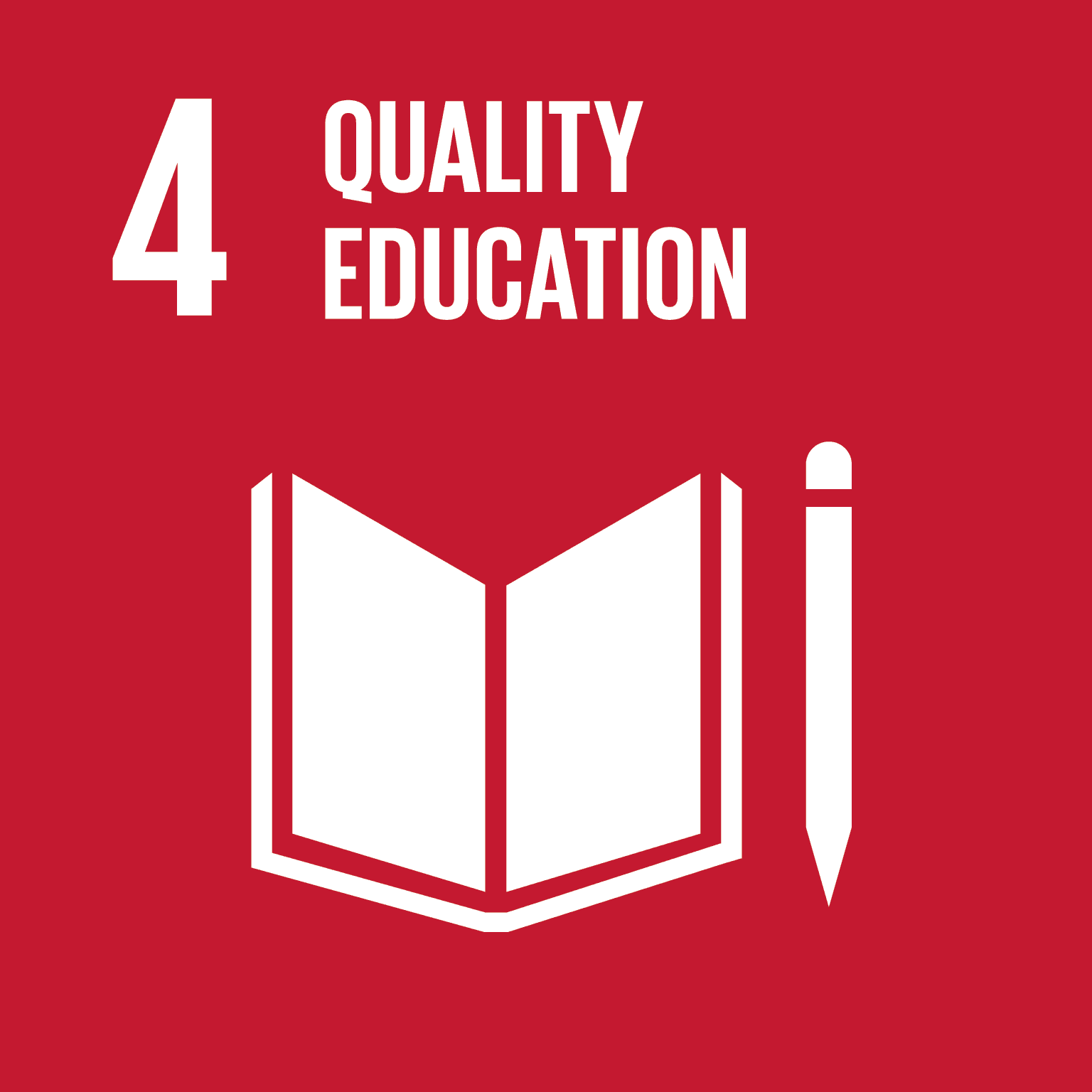
GOAL 4: QUALITY EDUCATION
Internationally, society as a whole has acknowledged that the only way to help citizens escape poverty and exploitation is for the global community to come together and help disadvantaged people to access education.
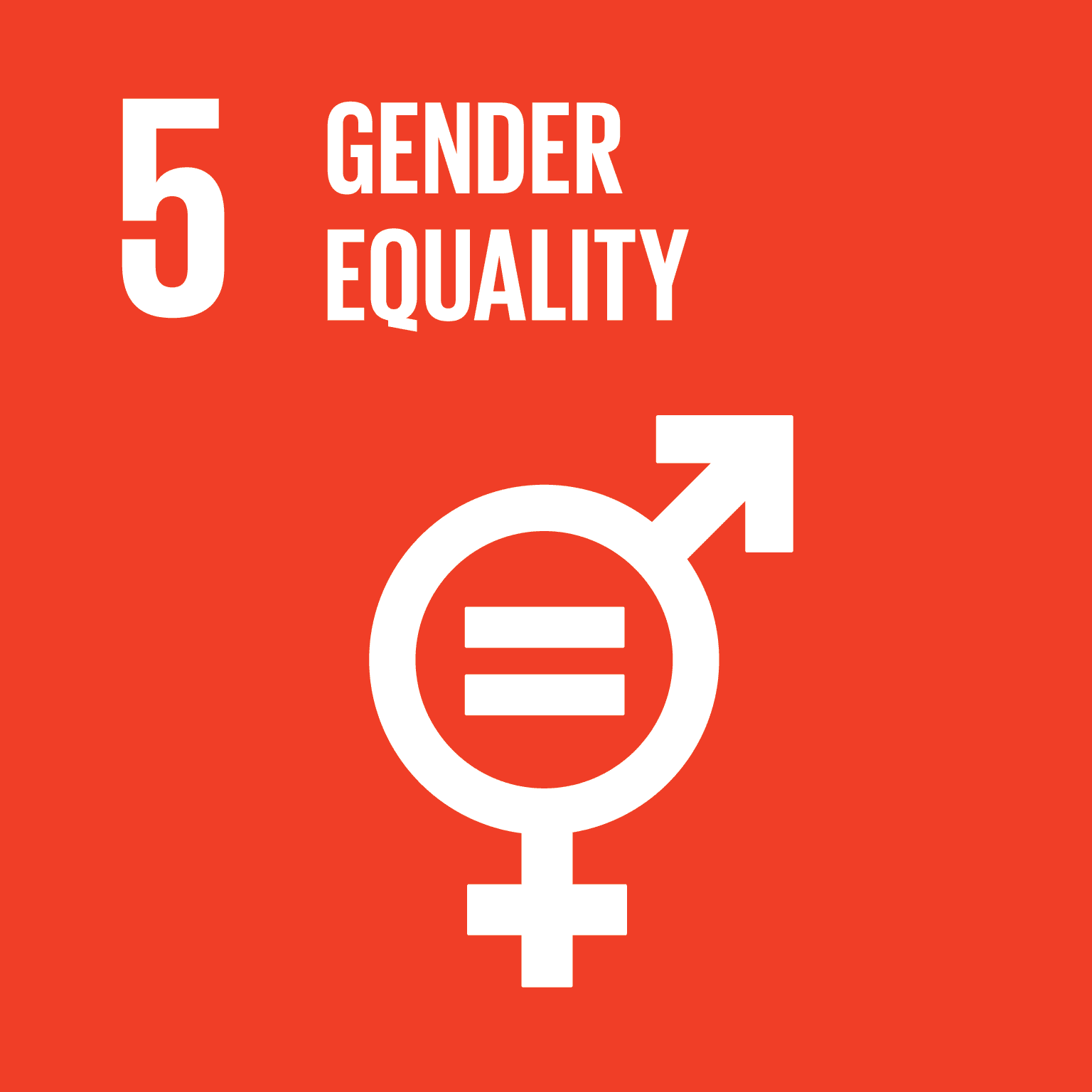
GOAL 5: GENDER EQUALITY
Advocacy is an important component in the orphans programme, as many children from vulnerable backgrounds do not have a voice to express their difficulties. In particular, girls and girls with disabilities can face intersectional challenges which exacerbate their marginalisation. Supporting these children without discrimination and enabling them to achieve their potential not only helps them individually, but challenges social norms and serves to reduce inequality overall.
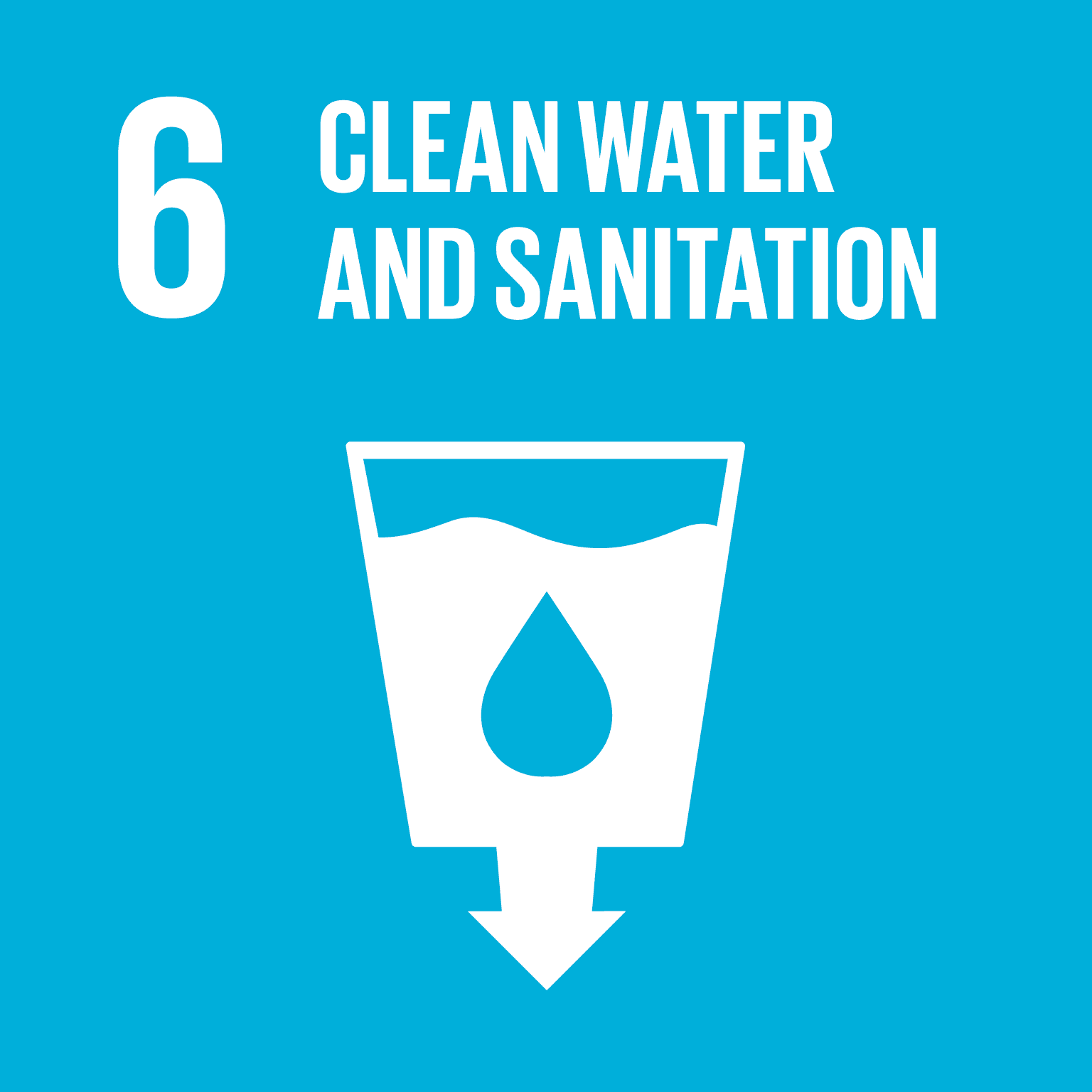
GOAL 6: CLEAN WATER & SANITATION
Access to clean water is a human right and an important component of the provision of the Orphan Sponsorship programme. Travelling to clean water sites is a specific opportunity cost which keeps children from attending school and realising their potential. When we conduct needs assessments, this is factored in and mobile water provision is provided to regions if needed to alleviate this difficulty.
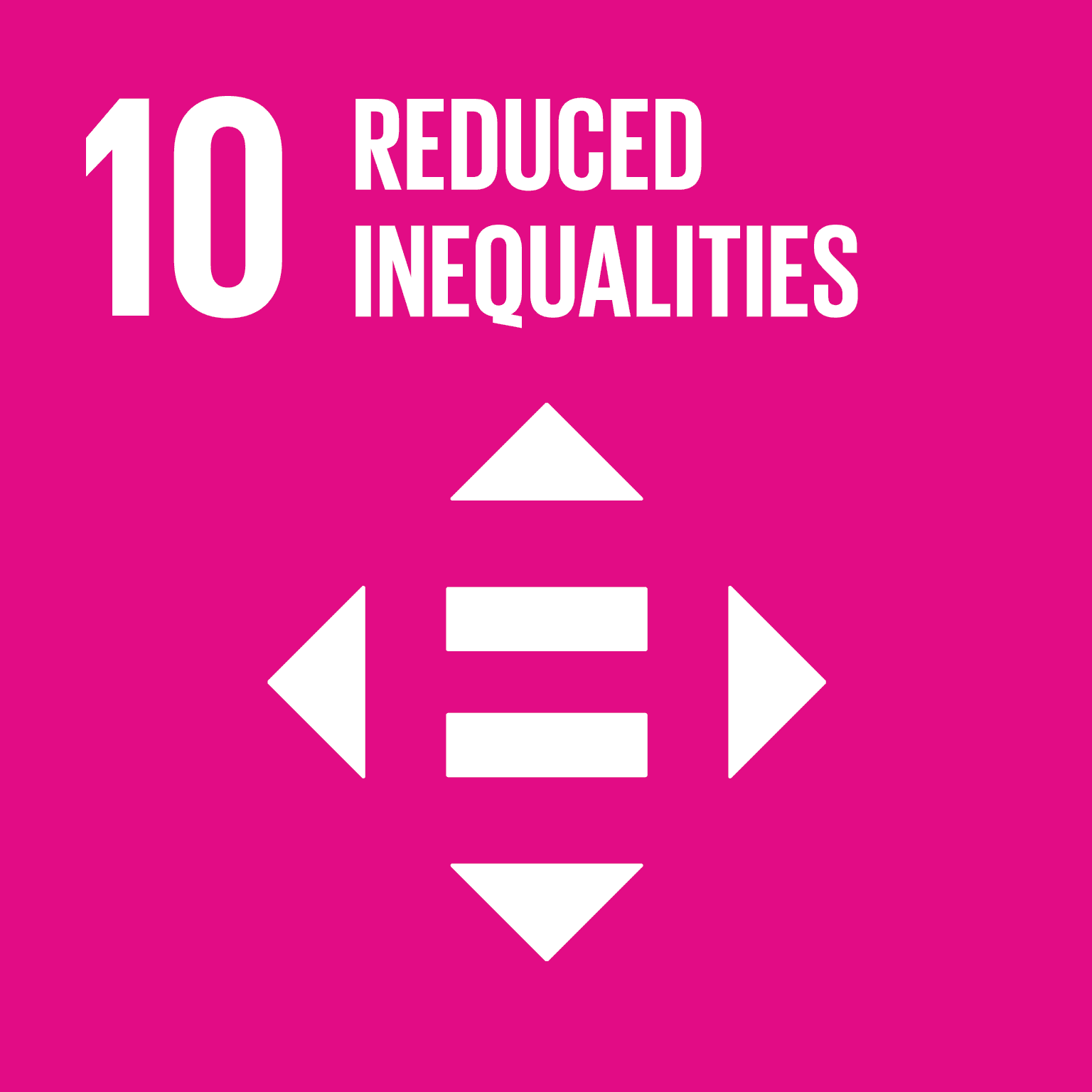
GOAL 10: REDUCED INEQUALITIES
As mentioned above, the aim of this programme is not just financial and resource provision, but to uphold dignity and challenge existing stigmas, biases and norms. Showing communities the importance of supporting orphans of all genders and vulnerable children with a range of needs has a great bearing on attitudes and future acceptance within society






